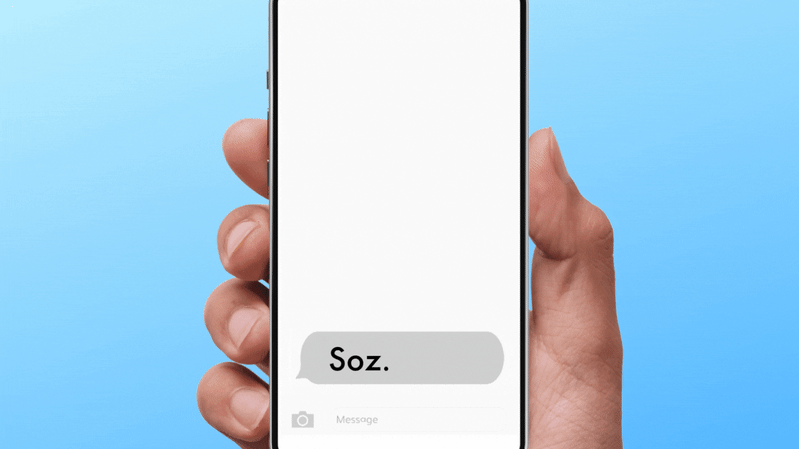
As the midweek dinner approaches, many find themselves keeping a close watch on their messaging apps, waiting to see who will be the first to cancel. It’s a familiar scenario: “Hi, guys, can we move Wednesday’s dinner to next week? Soz. Snowed under.” This pattern of last-minute cancellations has become as predictable as clockwork, reflecting a broader trend in social behavior.
This development follows a growing preference for unexpected, guilt-free nights in over planned social engagements. The phenomenon has even given new meaning to the term “cancel culture,” becoming emblematic of the year 2025. But how did we get here?
The Shift in Social Dynamics
According to Melbourne writer Madeleine Dore, who delves into this topic in her podcast and newsletter, A Social Life, with Friends, the issue arises from the way our lives have become increasingly compressed. “Because our lives are squeezed, when the catch-up comes along, it’s like another thing on the to-do list,” she explains. “We’re starting to treat our social lives like our work lives, which is really quite devastating.”
Meanwhile, clinical psychologist Kayla Steele from the Black Dog Institute notes that this trend reflects a shift in priorities towards self-care. “Cancel culture also reflects a rise in prioritizing self-care (‘I just need a night in’) over social obligation (‘I really can’t cancel again … can I?’),” she says. The fear of missing out often drives the initial commitment, only to be replaced by social anxiety as the date looms.
The Digital Influence
The digital age has further fueled this practice. David Meagher, editor of Gourmet Traveller and author of books on etiquette, argues that technology has made it easier to cancel plans without the need for verbal conversation. “In cutting out the personal interaction, it becomes a lot easier to be thoughtless about it because you don’t have to explain yourself as much,” he remarks. In terms of etiquette, he adds, nothing beats picking up the phone “to convey the understanding that you’re inconveniencing someone, and that you’re sorry.”
“In cutting out the personal interaction, it becomes a lot easier to be thoughtless about it because you don’t have to explain yourself as much.” — David Meagher
For every person who’s happy to get a bonus night in, there’s another who’s sad, annoyed, or even angry at the last-minute cancellation. This includes event organizers, who might have assumed they wouldn’t feel the slight. “It’s still a form of rejection,” says Naomi Parry, founder of Black Communications, who has spent two decades hosting glamorous events for Sydney’s social set. “It doesn’t matter how distant a relationship is, it can still hurt.”
Finding Solutions
So, what’s the solution to this modern conundrum? Madeleine Dore suggests replacing rigidly scheduled dinners with low-expectation, low-organization “hangs.” For example, having a standing arrangement where whoever is free on Saturday can meet for coffee at a designated spot in the park. Or not. No drama either way.
For some, like the author of this exploration, the answer lies in being more selective with commitments. By saying yes to less, they find themselves looking forward to their one night out a week, hoping that nobody cancels. Yet, as the date approaches, the familiar notification often appears: “Sorry, guys …”
This phenomenon represents a broader shift in how we balance social obligations with personal time. As our lives become busier and more digitally connected, the way we manage our social interactions continues to evolve, reflecting deeper changes in societal values and personal priorities.






